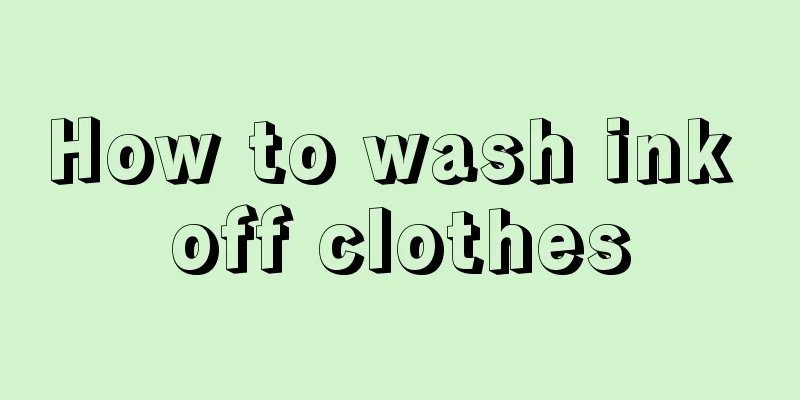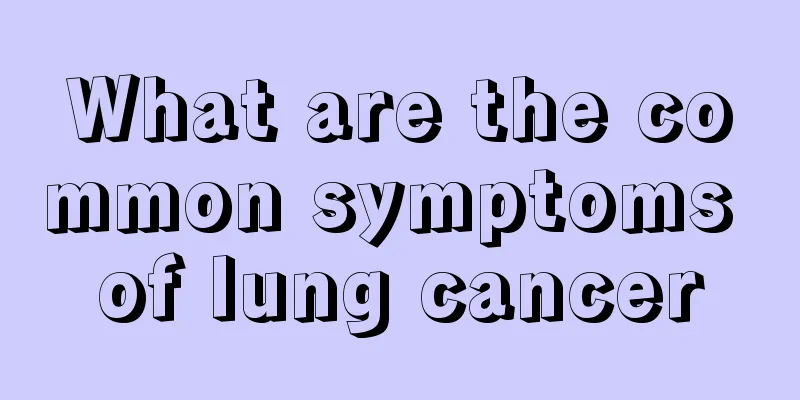What are some ointments without hormones

|
There are many types of medicines, but if anyone wants to know which medicines do not contain hormones, they should actually consult a doctor in a regular hospital. Drugs containing hormones should also be used with greater caution in order to avoid unnecessary harm to the body after using such drugs. When purchasing ointment, you can also consult the store staff. 1. Do not abuse hormone ointments Hormonal ointments are not a panacea for skin diseases. Since hormones are immunosuppressive drugs and can induce or aggravate infections, they are not suitable for viral, bacterial, and fungal skin diseases. For example, for skin diseases such as herpes simplex, skin tuberculosis, acne (dermatology), folliculitis (dermatology), tinea pedis, tinea corporis and tinea cruris, hormonal ointments cannot be used, otherwise it will only aggravate the condition and delay treatment. In addition, children and the elderly should not use hormone ointments casually. Infants and young children have slow metabolism and are more sensitive to hormones than adults. Therefore, infants and young children should avoid using hormone ointments or use them in small amounts. Elderly patients with skin diseases accompanied by chronic diseases should use hormone ointments with caution, especially those with hypertension (cardiothoracic surgery and cardiovascular department), diabetes (endocrinology department), heart failure, epilepsy (neurology department) and mental illness. They should not use such drugs excessively. 2. Do not use hormone ointments for a long time or in large quantities Due to the anti-inflammatory and immunosuppressive effects of hormones, skin problems usually improve quickly after using hormone ointments. Patients usually think that "the right medicine will work quickly", so they use hormone ointments more frequently. In fact, this is just a temporary cover-up of the disease. Once the medication is stopped, the condition quickly worsens. The patient then started using hormone ointments again, developing "hormone dermatitis" and falling into a vicious cycle of "the worse the condition, the more he applied, and the worse it got." Long-term and excessive use of hormone ointments may cause varying degrees of skin atrophy and thinning, capillary dilation, skin flushing or petechiae and ecchymosis, dryness, darkening or ichthyosis (dermatology)-like changes in the medication area, as well as hair loss (dermatology), hirsutism, and hormonal acne. Long-term and large-scale use of topical hormone ointments can be absorbed through the skin and cause systemic side effects. Many people have developed osteoporosis (endocrinology) and other symptoms as a result, and severe cases have even suffered spontaneous fractures (orthopedics). Long-term use of hormones can also induce or aggravate infection, causing the infection lesions to spread and worsen. This may induce gastric and duodenal ulcers in some patients, leading to ulcer bleeding and perforation. Some patients also develop glaucoma (ophthalmology), cataracts (ophthalmology), etc. Hormone ointments should not be used more than three times a day, as excessive use will also increase the risk of side effects. Moreover, in most cases, the use time of this type of medicine should not exceed 1 month in principle. If the symptoms have not been relieved, you should seek medical attention as soon as possible. 3. Do not stop taking hormone ointments suddenly Skin diseases usually have a long course, are difficult to cure, and often require long-term medication. Long-term use of hormone ointments such as prednisone and dexamethasone will suppress the levels of some hormones in the patient's body. If the medication is stopped suddenly, it will cause a gap in glandular hormone secretion, resulting in a lack of corticosteroids in the body and worsening the condition. Generally speaking, medication should be discontinued under the guidance of a doctor, by gradually reducing the dosage and stopping slowly. How to identify ointments containing hormones? 1. Topical ointments with the word "松" in their names are basically hormone ointments, such as: Hydrocortisone butyrate cream (Euzol), mometasone furoate cream (Elosone), halometasone cream (Aoneng), dexamethasone cream, fluticasone propionate cream, compound flumethasone cream, fluocinolone acetate borneol cream/ointment, compound beclomethasone camphor cream (Wuji cream), neomycin fluocinolone cream, compound dexamethasone acetate cream (999 Piyanping), etc. 2. Pay attention to the topical ointments with "naide", "tasol" or "compound" in their names, as they are most likely hormone ointments, such as: Halcinonide solution/cream, triamcinolone acetonide-econazole cream (Pevisone), traconazole cream (Picon Cream), miconazole clobetasol cream, compound ketoconazole ointment (Picon King) (containing clobetasol propionate), etc. 3. For external ointments that do not have national approval numbers, hormones are usually added to the ointments by unscrupulous merchants in pursuit of huge profits to create the gimmick effect of the drug being "fast and effective". Therefore, external ointments without national approval numbers cannot be used. |
<<: Ointment for treating blisters
>>: What is the normal intraocular pressure for a normal person?
Recommend
Why do I have blurry vision when I wake up from sleeping on my stomach?
Sleep has always been one of the activities that ...
How to remove wrinkles on hands
Wrinkles are a topic that every woman is afraid o...
Can oily hair loss be grown out?
More and more people are often troubled by their ...
Don’t ignore the causes of lung cancer anymore!
People who smoke for a long time are very likely ...
Introduction to eyelash transplantation
It is not easy for young guys to go on blind date...
How many years can you live after bladder cancer surgery
Bladder cancer is a very common disease in urolog...
Hand Shaoyang Sanjiao Meridian Indications
There are many large and small meridians in the h...
How to preserve dried shrimp
Do you know how to preserve dried shrimps? For se...
How to wash yellow sweat stains on clothes
Yellowing sweat stains on clothes is a situation ...
Symptoms and treatments of hypertension
Hypertension can be said to be a common disease a...
How to heal a broken foot quickly_How to deal with a scratched foot
If your foot is accidentally broken, you should t...
What are the benefits of drinking red wine before going to bed
Many friends know that drinking red wine in moder...
What to do if bilirubin is high and how to treat it
Many of you may not have heard of bilirubin. In f...
Two types of people are harmful to eat wolfberry
Wolfberry is a precious medicinal material with m...
Can human canine teeth be removed?
In life, we can see people with two small canine ...









